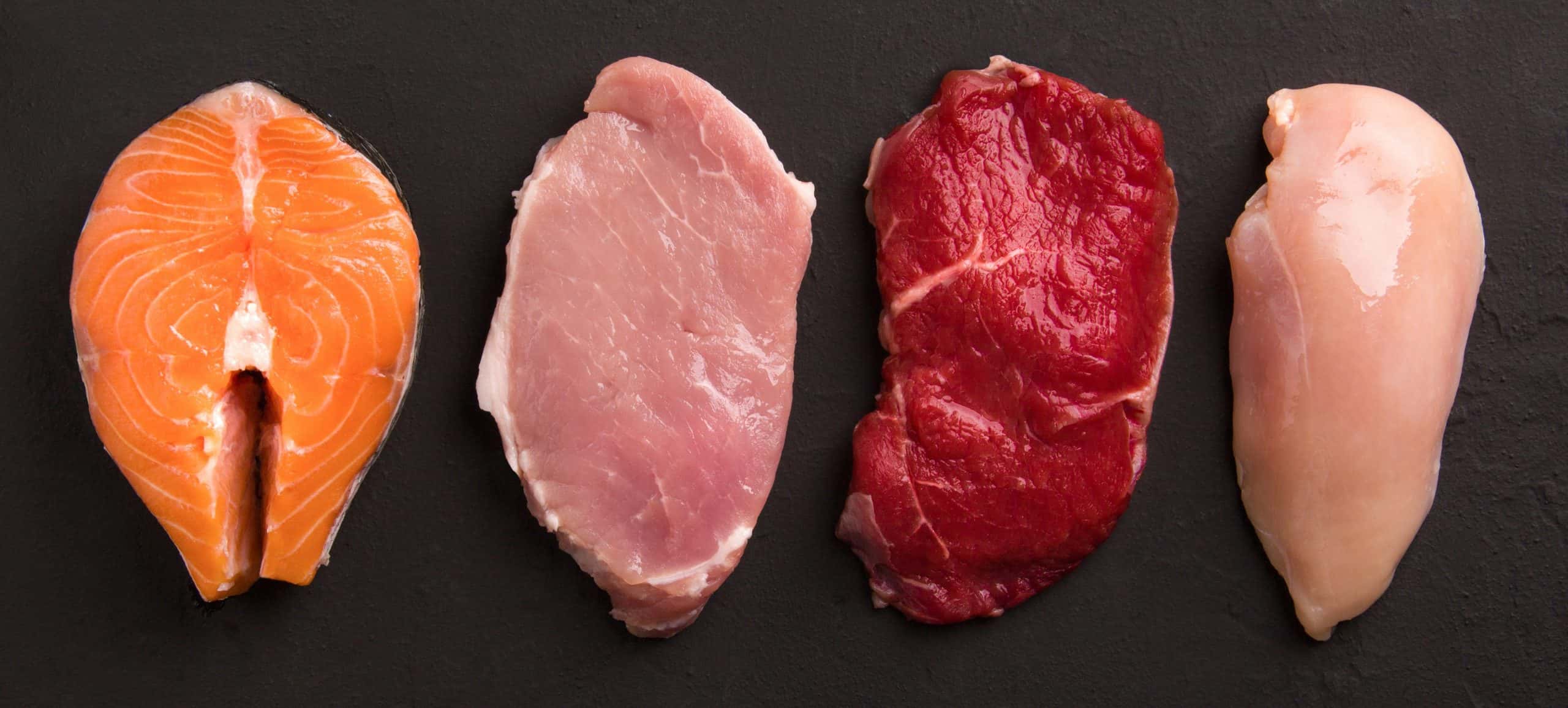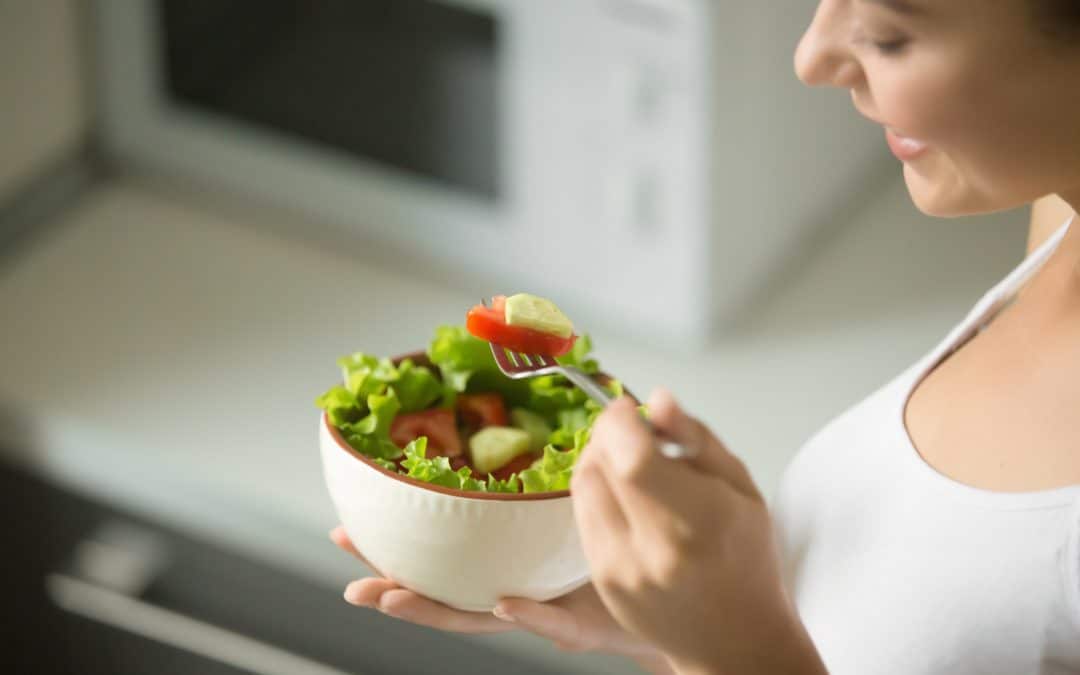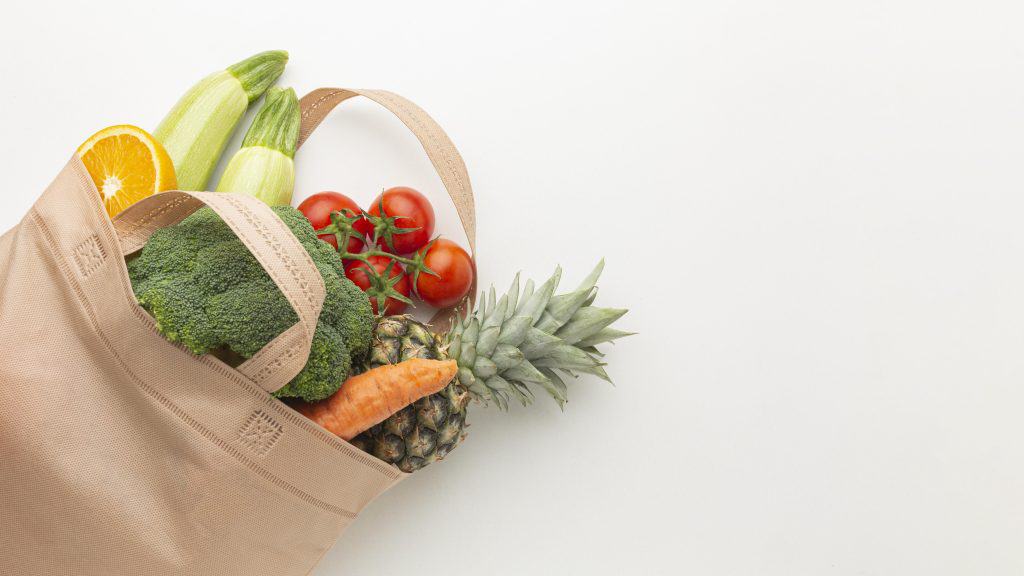Veganism has been one of the top diet fads a lot of people have followed in the past few years because of its claimed health benefits. It is said to be healthier than eating meat and dairy. And people who swore off meat and started consuming plant-based food stand by veganism because it didn’t only give them a healthy body, it also helped them lose weight. So naturally, people went after the option that would help them live healthier and longer lives. And this created a rise in vegan or plant-based products, also including the awareness of the environmental effects of meat consumption and how reducing it is beneficial to the environment, especially with climate change.
Is it really healthier to be vegan though? Is it better than eating meat and dairy? In this article, we will be tackling all the health benefits of both veganism and eating meat and dairy to get a clearer understanding if one is actually better than the other.
Due to its many health benefits, even some celebrities have adopted the diet. This diet strictly avoids animal products, including eggs and dairy. One of the reasons this diet only allows plant-based food is that vegans believe eating meat and other foods derived from animals is ethically incorrect, cruelly collected, and exploitative. According to Katherine Tallmadge, RD, LD, past media spokesperson for the Academy of Nutrition and Dietetics, following a vegan diet “can be nutritionally superior to any other way of eating.” She also said that the vegan diet “can be one of the healthiest ways to eat because we know that plant food is loaded with nutrients to protect our health.” But despite all that, Tallmadge warns that people following veganism should be careful in their selection of food so that they get all the nutrients they need, nutrients that can be found in and are abundant in meat. Essential nutrients such as iron, protein, and vitamin B12 can be found in both plants and meat, although the latter is a richer source. Dairy products, on the other hand, are a great source of calcium. Since vegans don’t include meat and dairy in their diet, they must acquire these nutrients from different sources.
In the UK, veganism has been rising over the last decade. The number of people cutting down on meat and dairy, and those who have even entirely excluded these foods from their diet, has quadrupled, according to research conducted by The Vegan Society between 2006 and 2018. People turn to veganism for its promise of good health. It is considered a diet that is high in fiber and lower in cholesterol, calcium, protein, and salt than a diet that allows consumption of meat and dairy. Cutting off meat, dairy, fish, and eggs from one’s diet still presents misconceptions and concerns, though. One of them is the argument about whether a person practicing veganism gets enough vitamin B12. As mentioned, vitamin B12 can be found in both plants and meat, although it is higher in meat than in plants. This vitamin helps prevent nerve damage, and it is recommended for adults to consume 1.5 micrograms of it every day. Janet Cade of the Nutritional Epidemiology Group, School of Food Science and Nutrition, says, “A B12 deficiency can lead to neurological symptoms such as numbness, and it’s irreversible if the deficiency is present for too long.”

There has been a study conducted by the University of Oxford that involved 48,000 people over 18 years of age, in which the health of meat-eaters (including pescatarians, those who eat fish and dairy but not meat) and vegans (including vegetarians) was compared. Through this, they found out that people who follow vegan and vegetarian diets have a low risk of heart disease, but the lack of vitamin B12 puts them at a high risk of stroke. There is also some evidence showing the possibility of vegans having a small risk of hemorrhagic stroke due to the low levels of cholesterol they acquire from their diet. A hemorrhagic stroke happens when there is bleeding in the brain. But getting the minuscule recommended amount of vitamin B12 for vegan followers is easy through the consumption of fortified foods such as plant-based milk and nutritional yeast.
Another common argument between vegans and meat-eaters is whether a vegan diet provides enough protein. While it is a fact that there isn’t much protein from fruits and vegetables, this shouldn’t be a cause for concern. “We’ve never seen issues with protein deficiencies, only in people who don’t eat enough calories.” says Marco Springmann, senior researcher of environmental sustainability and public health at the University of Oxford. Springmann also says that a vegan diet will not cause iron deficiency as long as you eat fruits and vegetables of every color available. “Overtime, the body can adapt to how much iron there is in our diet, and if you have a lower iron intake it can make more efficient use of that iron.” he says. He also believes that a balanced vegan diet is one of the healthiest diets.
A vegan diet has an edge when it comes to cardiovascular health.
Followers of veganism have considerably lower LDL (low-density lipoprotein) than meat-eaters. This means that the risk of cardiovascular disease is lower in a vegan diet than in an omnivorous diet. So if you’re concerned about your heart health and controlling your cholesterol levels, veganism is the way for you. Veganism also gives you lower blood glucose levels than an omnivorous diet.
On the other hand, eating meat and dairy can give you high levels of sex hormone binding globulin (SHBG). This safely transports sex hormones throughout the bloodstream and regulates their levels within the body. SHBG also acts as a reserve of hormones that the body can tap into when levels of sex hormones are being cleared from the bloodstream.
In Conclusion
Whatever decision you make about the way you eat, you should always consider the factors a vegan or an omnivorous diet can do to your body’s health. While both diets can be very healthy, you should always choose what works for you best and which one your body responds to naturally.
© 2016-2022 by DietFind.com, a LIVenture LLC.
All rights reserved. No part of this document may be reproduced or transmitted in any form or by any means,
electronic, mechanical, photocopying, recording, or otherwise, without prior written permission of LIVentures LLC.


